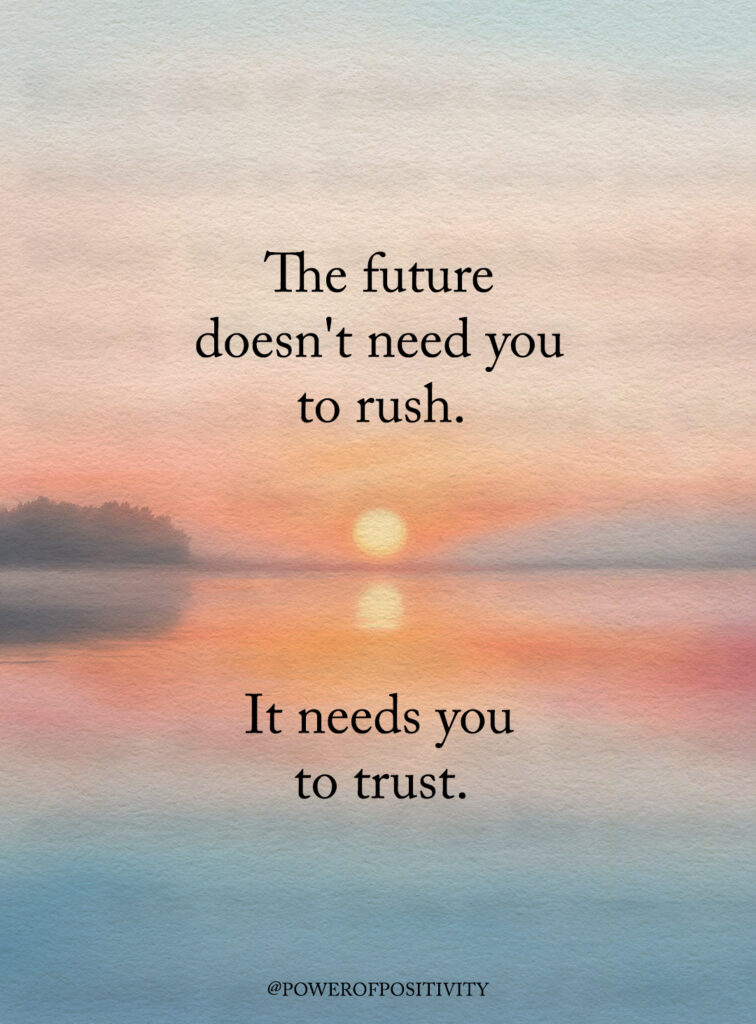Every lasting relationship depends on one simple thing — honest communication. It’s the quiet lifeline of relationships, the part that keeps two people connected when life gets noisy or hard to handle.
Talking is easy, but true communication takes effort. It means listening without judgment, saying what you really feel, and knowing when to speak or stay silent. Those moments of understanding — not the big speeches — are what build trust.
When that communication fades, love starts to feel distant. Misunderstandings pile up, resentment grows, and connection weakens. That’s why good communication isn’t just a relationship skill — it’s what keeps it alive.
To understand its power, it helps to first see what happens when communication starts slipping away.
Recognizing When Communication Is Failing
Most relationships don’t fall apart overnight. They fade slowly through missed signals, unspoken thoughts, and the feeling that no one’s really listening. The earlier you notice the signs, the easier it is to protect what matters — because good communication is the real lifeline of relationships.
1. Constant Misunderstandings
If every talk turns into confusion or defense, that’s a sign something’s off. When words are twisted or tone feels sharp, it shows there’s a gap between what’s said and what’s understood.
2. Emotional Withdrawal
Pulling away to “avoid fights” might seem peaceful, but it only creates distance. When partners stop opening up, the warmth between them slowly fades.
3. Dismissive or Defensive Reactions
Saying things like “You’re too sensitive” or “That’s not what happened” makes one person feel unheard. It shuts down honesty and turns every talk into a battle.
4. Hidden Anger or Sarcasm
Jokes that sting, silent treatments, or small digs often hide pain that needs attention. These quiet forms of anger keep real healing from happening.
Little cracks in communication grow bigger over time if left unchecked. Spotting them early gives couples a chance to rebuild trust and keep connection alive — the lasting lifeline of relationships.
Once you see how easily silence turns into separation, you realize how vital true connection really is.
Why Communication Is the True Lifeline
Strong relationships don’t run on love alone — they run on understanding. Communication is what gives love a voice, making it the true lifeline of relationships. Without it, even the deepest bonds can grow cold under silence and assumption.
Talking openly helps couples express needs, clear up tension, and rebuild trust. It’s how care is shown and how safety is created. When both people feel heard, they let their guard down and begin to respond with kindness instead of frustration.
Experts agree that open, honest conversations increase intimacy and reduce anxiety. You stop guessing what your partner feels and start learning it directly. That kind of emotional safety makes relationships last.
Communication is like oxygen — you can’t see it, but everything depends on it. Without regular, honest connection, relationships suffocate under unspoken feelings.
That’s why what you say — and how you say it — can either build connection or quietly break it.
When Words Build Bridges Instead of Walls
Communication can either heal or hurt. How you listen, respond, and express yourself decides whether your words bring you closer or create distance.
A. Listening That Heals, Not Hurts
Real listening means more than staying quiet. It means paying attention, setting your phone aside, and caring about what your partner feels. When people feel truly heard, they naturally start to open up.
B. Speaking With Care and Clarity
Say what you mean calmly and directly. Clear, gentle words prevent small issues from turning into big ones. When you speak from honesty, you make it safe for your partner to do the same.
C. Choosing the Right Moments to Talk
Timing matters. Trying to talk when someone’s tired or upset rarely works. Waiting until both are calm keeps emotions from taking over.
D. Honesty That Strengthens Trust
Avoiding hard talks only piles up tension. Sharing your truth — even if it’s uncomfortable — builds respect and helps repair broken trust.
E. Empathy as a Daily Practice
Before reacting, pause and ask yourself, “What might they be feeling?” That small act of understanding can completely change the tone of a conversation.
F. The Power of Nonverbal Language
Body language says more than words. Simple actions like eye contact, nodding, or facing your partner while talking show that you care.
G. Solving Conflicts Before They Turn Cold
Letting anger sit creates distance. It’s better to talk things out early than to let silence grow. Calm communication keeps issues small.
H. Setting Boundaries That Protect Respect
Boundaries don’t limit love — they protect it. Agree on fair rules during arguments, like no shouting, insults, or storming off. Respect builds safety.
I. Gratitude and Affection in Words
Don’t wait for big moments to say something kind. A quick “I’m proud of you” or “Thanks for handling that” can mean more than grand gestures.
J. Choosing Understanding Over Being Right
Winning an argument isn’t worth losing peace. When both people focus on understanding instead of “winning,” the relationship grows stronger.
When communication works, it becomes the steady lifeline of relationships — something you can always return to, even after conflict.
Even with the best intentions, certain habits can still quietly damage how you connect.
Communication Pitfalls That Quietly Damage Connection
Even couples who love each other deeply can fall into habits that weaken trust. Watch for these:
- Silent Treatment: It feels like space, but it creates confusion and distance.
- Bringing Up Old Hurts: Holding onto past mistakes stops healing.
- Yelling or Interrupting: It turns every talk into a fight instead of a fix.
- Mocking or Sarcasm: Jokes that sting break emotional safety.
- Avoidance: Skipping tough talks only makes problems grow.
These patterns might seem harmless at first, but they slowly eat away at connection. Replacing them with patience, honesty, and calm tone helps rebuild respect — keeping communication the trusted lifeline of relationships.
Once harmful habits are replaced, it’s easier to make healthy communication part of your daily life.
Everyday Habits That Keep Conversations Healthy
Good communication isn’t just for arguments — it’s something you practice every day. Simple habits make a big difference:
- Check In Daily: Ask questions like “How are you feeling today?” instead of just “How was your day?”
- Share Gratitude: Thank your partner for small things — it helps them feel noticed.
- Leave Thoughtful Notes: A quick “thinking of you” text keeps warmth alive.
- Laugh Together: Humor helps melt tension and reminds you why you like each other.
- Put Away Distractions: No phones or screens during real conversations. Presence shows care.
Small efforts repeated daily build trust and stability — the real lifeline of relationships. Love doesn’t need grand gestures; it needs attention and consistency.
And for some couples, learning how to communicate this way takes extra support.
When Talking Isn’t Enough: Getting Professional Help
Sometimes even love needs a little guidance. A therapist can help couples identify communication habits that don’t serve them and teach healthier ways to express emotions.
Counseling gives both people a safe space to talk without judgment. It helps uncover deeper issues, rebuild emotional safety, and bring clarity back to conversations.
Therapy isn’t a last resort — it’s a sign of commitment. Reaching out for help means both partners still care about the bond they’ve built. That’s what keeps communication strong, steady, and the lasting lifeline of relationships.
Because when communication heals, love naturally follows.
The Takeaway: Talk, Listen, Heal, Repeat
Healthy communication doesn’t mean agreeing on everything — it means feeling safe enough to be honest.
It’s how love breathes, how trust grows, and how relationships survive life’s hard moments. When both people choose openness instead of silence, care instead of pride, and listening instead of reacting, the bond only gets stronger.
Good communication is the steady heartbeat of every strong partnership — the lifeline of relationships that keeps love from fading away.
Words can tear down or build up. The choice is ours — to defend our pride, or to reach the person we love.















